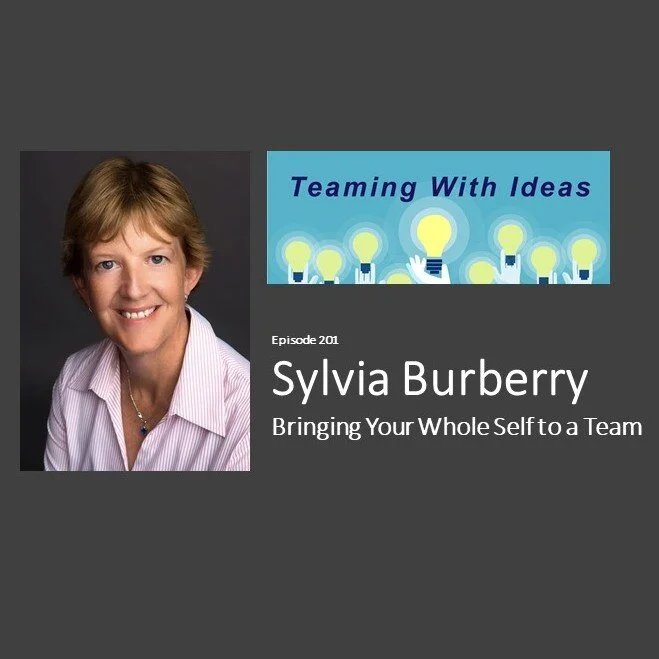“If I could help every leader learn how to practice self-coaching instead of self-criticism, we could change the world…There’s tons of research on loneliness, the stressors of being a leader, ways in which we bring our own biases to the workplace. If, instead of negative self talk, I focus on speaking to myself with kindness, I’d change the structure of my brain and how I respond to challenges.
“I am better able to support others and have more citizenship behavior, caring for others, when I practice self-compassion. How? How do I create psychological safety as a leader AND maintain my boundaries, take care of my needs, listen to myself?”
That’s what Dr. Polizzi and Verdant Consulting starts with when working with their clients: start with yourself first.
Read More



